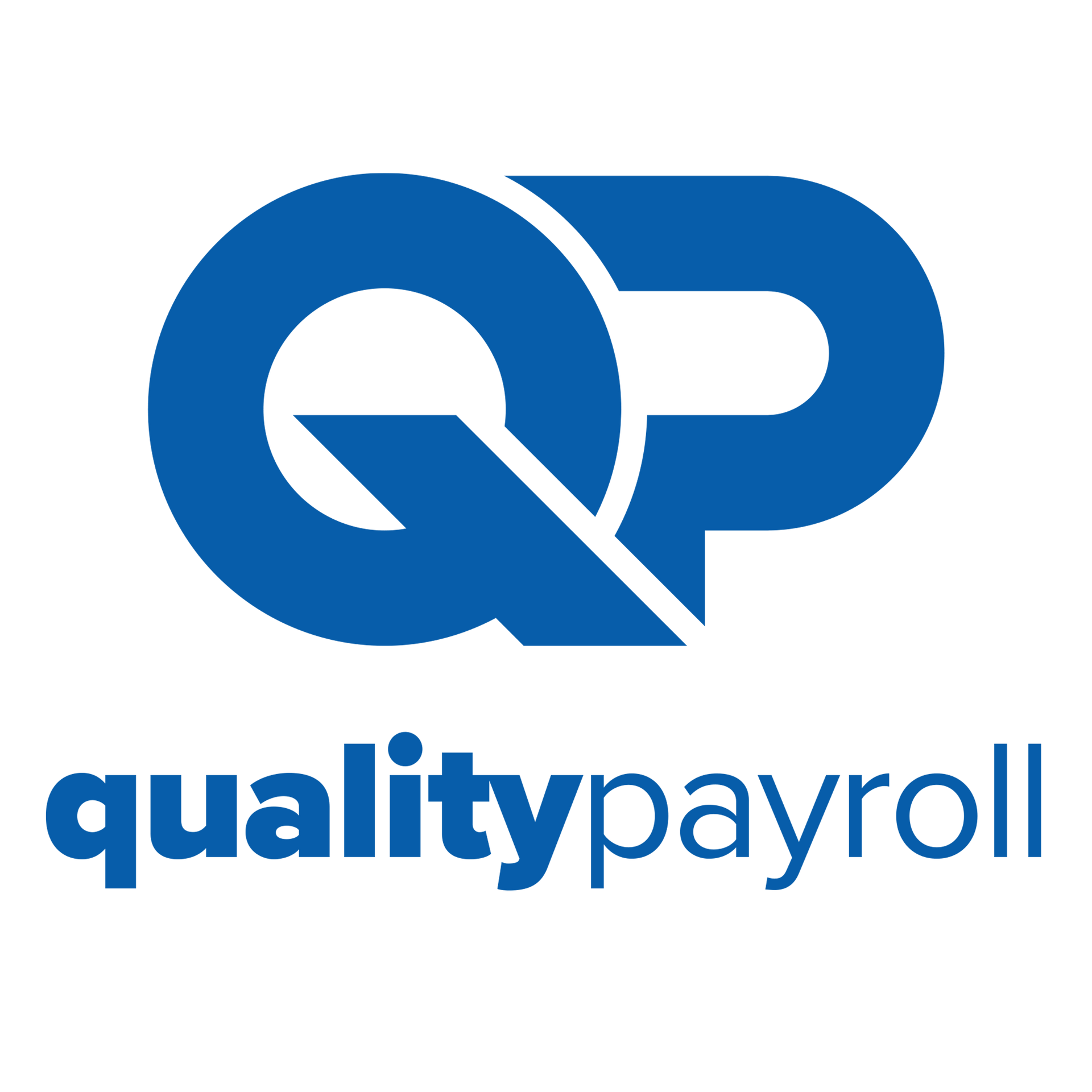Time Fractions and Overtime: Ensuring Your Payroll Is Compliant
Navigating the complexities of payroll is a crucial task for small businesses, particularly in regions like Sandy and Hurricane, Utah, where local and federal regulations often intersect. As businesses strive to remain compliant, understanding the nuances of time fractions in payroll and overtime pay regulations becomes imperative.
Understanding Time Fractions in Payroll
Definition and Importance
Time fractions refer to the precise calculation of work hours, often recorded in increments such as quarter-hours or tenths of an hour. Accurate time fraction recording is essential in payroll processing to ensure employees are paid correctly for the hours they work. Inaccuracies can lead to payroll errors, resulting in overpayments or underpayments that can affect employee satisfaction and business finances.
Common Methods for Tracking
Small businesses have various options for tracking time fractions. Digital time clocks are popular, providing automated and precise tracking of employee hours. These systems can integrate with payroll software, reducing manual errors. Manual logs are another option, though they require diligent oversight to maintain accuracy. In Sandy and Hurricane, Utah, businesses may use a combination of these methods to suit their operational needs and employee preferences.
Impact on Payroll
Errors in time fraction calculations can have significant impacts on payroll. For example, underestimating work hours can lead to legal issues and employee dissatisfaction, while overestimating can result in unnecessary payroll expenses. Maintaining accurate records is essential to prevent such issues, ensuring employees receive fair compensation and businesses remain compliant with labor laws.
Real-world Example
Consider a small restaurant in Utah. The owner uses a digital time clock system to track employees' hours, ensuring precise time fraction recording. This system integrates with payroll software, automatically calculating wages based on the recorded hours. This approach minimizes errors and ensures employees are paid accurately, fostering a positive workplace environment.
Overtime Pay: Regulations and Compliance
Overview of FLSA
The Fair Labor Standards Act (FLSA) is a federal law that regulates overtime pay, requiring employers to pay eligible employees one and a half times their regular pay rate for hours worked over 40 in a workweek. More information on FLSA can be found on the
Department of Labor’s FLSA page.
Utah State Labor Laws
In Utah, state labor laws align closely with federal regulations regarding overtime. It's important for businesses in Sandy and Hurricane to stay informed about any state-specific nuances. For instance, Utah does not have its own minimum wage law, so the federal minimum wage applies. Understanding these details helps ensure compliance and avoid penalties.
Employee Classification
Properly classifying employees as exempt or non-exempt is vital for overtime compliance. Exempt employees, such as those in executive or professional roles, are not entitled to overtime pay, while non-exempt employees are. Misclassification can lead to legal disputes and financial penalties, so businesses must accurately assess each employee's role and duties.
Calculating Overtime
Calculating overtime pay involves a few straightforward steps. First, determine the employee's regular pay rate. Then, calculate the overtime rate by multiplying the regular rate by 1.5. Finally, multiply the overtime rate by the number of overtime hours worked. For example, if a non-exempt employee in Utah earns $15 per hour and works 45 hours in a week, their overtime pay would be $22.50 per hour for the 5 overtime hours.
Avoiding Payroll Discrepancies and Legal Issues
Common Pitfalls
Small businesses often face challenges with payroll, such as miscalculating time fractions or misclassifying employees. These errors can lead to payroll discrepancies, resulting in financial losses and legal complications. Staying vigilant and informed about payroll requirements is essential for avoiding these pitfalls.
Tools and Software
Utilizing payroll software can significantly reduce errors and streamline payroll processing. Tools like QuickBooks or Gusto offer features that automate calculations, track time fractions, and ensure compliance with both state and federal laws. These tools are particularly beneficial for small businesses in Sandy and Hurricane, providing tailored solutions to meet their specific needs.
Importance of Regular Audits
Conducting regular payroll audits helps businesses identify and correct errors early, minimizing the risk of financial discrepancies and legal issues. Audits involve reviewing payroll records, verifying employee classifications, and ensuring compliance with labor laws. This proactive approach can save businesses time and money in the long run.
Legal Consequences
Non-compliance with overtime regulations can lead to severe legal consequences, including fines and lawsuits. For instance, a Utah-based company faced significant penalties after failing to pay overtime wages due to employee misclassification. Staying informed and compliant with labor laws is crucial to avoid such outcomes. For more guidance, visit Utah labor laws.
Expert Opinion
Payroll expert Jane Doe emphasizes the importance of accurate payroll practices: "Maintaining compliance in payroll is not just about avoiding penalties; it's about fostering trust and transparency with your employees. Investing in reliable payroll systems and regular audits can make a significant difference."
The Role of Training and Education
Employee Training
Training employees on proper time-tracking procedures is vital for maintaining payroll accuracy. Regular workshops and training sessions can ensure that employees understand the importance of accurately recording their work hours. This not only helps in reducing errors but also fosters a culture of accountability and transparency within the organization.
Management Education
It's equally important for management to stay educated on payroll laws and practices. By attending seminars and keeping up with changes in labor laws, managers can ensure that their payroll systems remain compliant. This proactive approach helps in identifying potential issues before they become significant problems.
Continuous Learning
The landscape of payroll regulations is ever-changing, and continuous learning is essential for both employees and management. Subscribing to industry newsletters and participating in online courses can keep everyone informed about the latest developments in payroll management. This commitment to education can significantly enhance the efficiency and compliance of payroll processes.
Navigating payroll complexities requires diligence and a thorough understanding of both federal and state regulations. By accurately tracking time fractions, complying with overtime laws, and utilizing effective payroll tools, small businesses in Utah can ensure smooth operations and employee satisfaction. Investing in training and continuous learning for both employees and management can further enhance payroll accuracy and compliance. Staying informed and proactive in payroll management not only protects businesses from legal issues but also fosters a positive workplace environment.
For professional assistance with your payroll needs, contact Quality Payroll today. Our team is dedicated to helping businesses in Utah maintain compliance and streamline their payroll processes.










